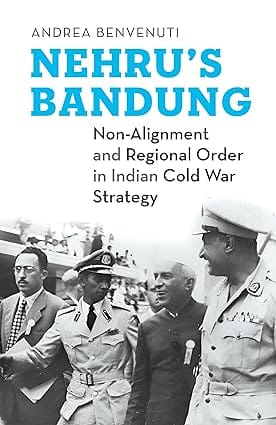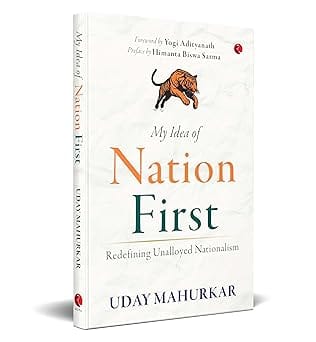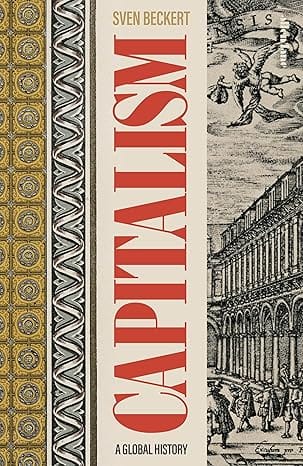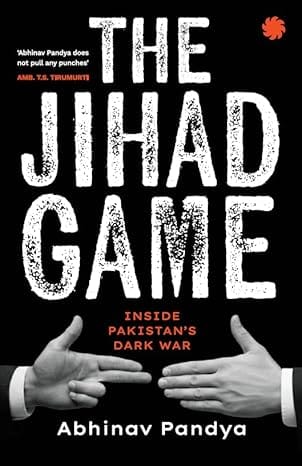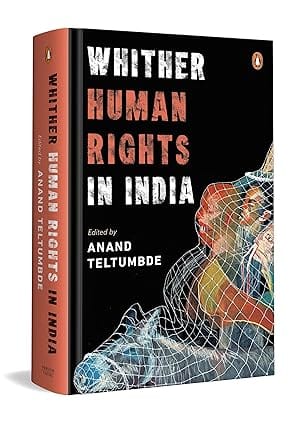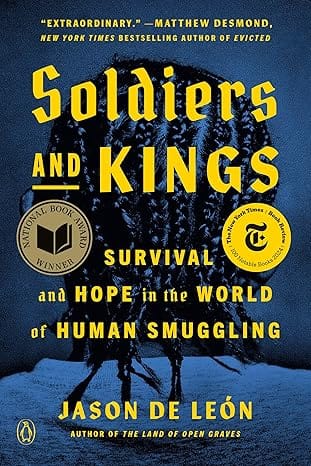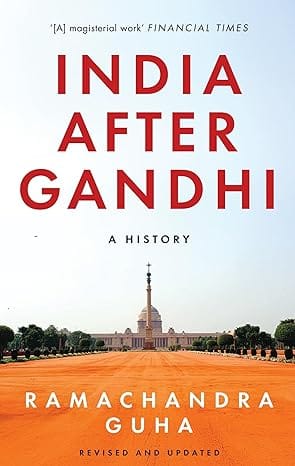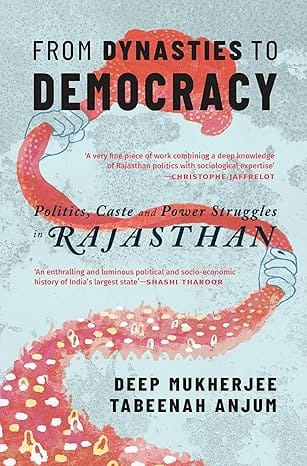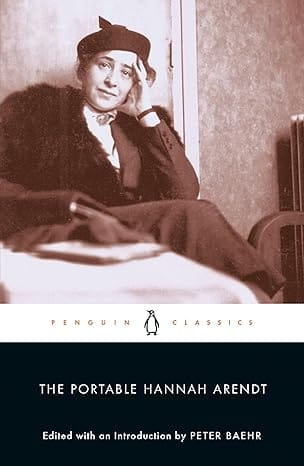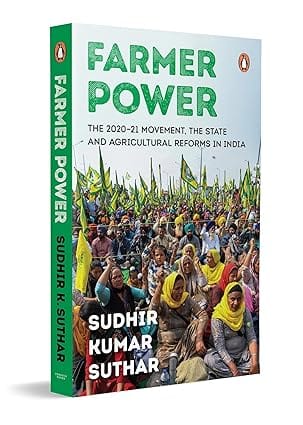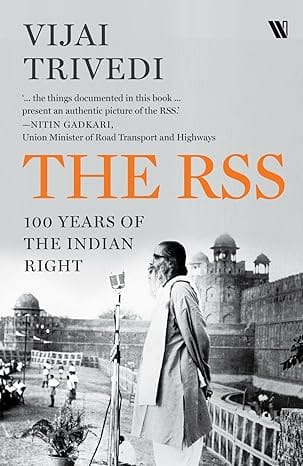- Non-ficton
- Non-ficton
- Contemporary Fiction
- Contemporary Fiction
- Children
- Children
- Comics & Graphic Novels
- Comics & Graphic Novels
- Non-Fiction
- Non-Fiction
- Fiction
- Fiction
This book sheds light on a neglected aspect of India’s Cold War diplomacy, starting with the role of Indian Prime Minister Jawaharlal Nehru and his Congress government in organising the first Asian-African Conference in Bandung in April 1955. Andrea Benvenuti shows how, in the early Cold War, Nehru seized the opportunity accorded by the conference to transcend growing international tensions and pursue an alternative vision: a neutralised Asian ‘area of peace’, underpinned by a code of conduct based on the five principles of peaceful coexistence.
Relying on Indian, Western and Chinese archival sources, Nehru’s Bandung focuses on the policy concerns and calculations, as well as the international factors, that drove a sceptical Nehru to support Indonesia’s diplomatic push for such a gathering. It reveals how, in Nehru’s estimation, Bandung also served a further important purpose—securing China’s commitment to peaceful coexistence, without which stability in Asia would be illusory.
Nehru’s support for an Asian-African conference did not derive from an emotional commitment to Afro-Asian internationalism. Instead, it stemmed from a desire to promote a ‘third way’ in an increasingly polarised world, and to forge a stable regional order—one that would enhance India’s external security and domestic prosperity.
This is an essential book for anyone interested in Independent India’s foreign policy, the history of the Non-Aligned Movement, and also the history of India-China relations.
About the Author
Nehru's Bandung Non-Alignment and Regional Order in Indian Cold War Strategy
SIZE GUIDE
- ISBN: 9789354479083
- Author: Andrea Benvenuti
- Publisher: Speaking Tiger
- Pages: 384
- Format: Hardback
- Release Date: 5 October 2024
Book Description
This book sheds light on a neglected aspect of India’s Cold War diplomacy, starting with the role of Indian Prime Minister Jawaharlal Nehru and his Congress government in organising the first Asian-African Conference in Bandung in April 1955. Andrea Benvenuti shows how, in the early Cold War, Nehru seized the opportunity accorded by the conference to transcend growing international tensions and pursue an alternative vision: a neutralised Asian ‘area of peace’, underpinned by a code of conduct based on the five principles of peaceful coexistence.
Relying on Indian, Western and Chinese archival sources, Nehru’s Bandung focuses on the policy concerns and calculations, as well as the international factors, that drove a sceptical Nehru to support Indonesia’s diplomatic push for such a gathering. It reveals how, in Nehru’s estimation, Bandung also served a further important purpose—securing China’s commitment to peaceful coexistence, without which stability in Asia would be illusory.
Nehru’s support for an Asian-African conference did not derive from an emotional commitment to Afro-Asian internationalism. Instead, it stemmed from a desire to promote a ‘third way’ in an increasingly polarised world, and to forge a stable regional order—one that would enhance India’s external security and domestic prosperity.
This is an essential book for anyone interested in Independent India’s foreign policy, the history of the Non-Aligned Movement, and also the history of India-China relations.
About the Author
User reviews
NEWSLETTER
Subscribe to get Email Updates!
Thanks for subscribing.
Your response has been recorded.

India's Iconic & Independent Book Store offering a vast selection of books across a variety of genres Since 1978.
"We Believe In The Power of Books" Our mission is to make books accessible to everyone, and to cultivate a culture of reading and learning. We strive to provide a wide range of books, from classic literature, sci-fi and fantasy, to graphic novels, biographies and self-help books, so that everyone can find something to read.
Whether you’re looking for your next great read, a gift for someone special, or just browsing, Midland is here to make your book-buying experience easy and enjoyable.
We are shipping pan India and across the world.
For Bulk Order / Corporate Gifting
 +91 9818282497 |
+91 9818282497 |  [email protected]
[email protected]
Click To Know More
INFORMATION
QUICK LINKS
ADDRESS
Shop No.20, Aurobindo Palace Market, Near Church, New Delhi

